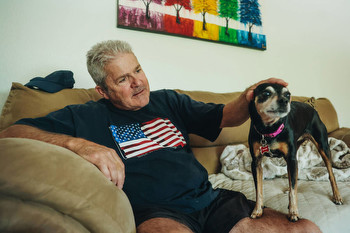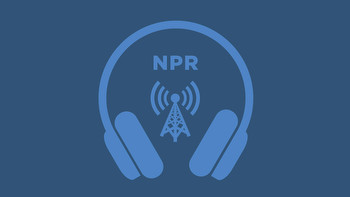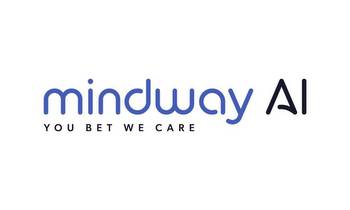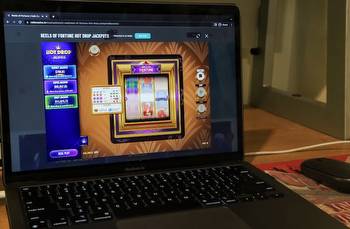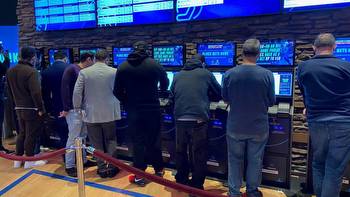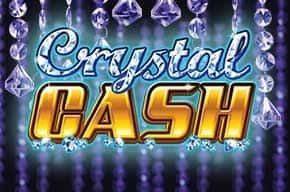Yale, Mohegan Sun partnering to develop mobile app to address gambling addiction

The Mohegan Tribe this week announced a $2 million partnership with Yale University to develop and test a treatment model for gambling addiction that has proven effective in addressing alcohol and drug use disorders.
The funding comes amid a surge in calls to the state’s problem-gambling hotline following the start of sports betting and online casino gaming in Connecticut last fall.
Representatives from Mohegan highlighted the initiative as part of a larger $10 million investment the tribe has made in addressing gambling addiction since it opened Mohegan Sun in 1996. The tribe also makes an annual contribution of more than $300,000 to the Connecticut Council on Problem Gambling.
“Our intent is not to limit this to Connecticut residents. This could become a new form of treatment for anybody with problem gambling throughout the United States,” said Mohegan Gaming & Entertainment CEO Ray Pineault.
Under the partnership, researchers at Yale will spend the next several years developing and testing a mobile application to provide cognitive behavior therapy to people with gambling issues. Cognitive behavior therapy, or CBT, is based on the idea that thoughts and perceptions influence behavior.
Researchers will spend two years developing the app and then three years conducting a clinical trial involving about 100 participants. Brian Kiluk, associate professor of psychiatry at Yale School of Medicine, said the rigorous vetting process is what will differentiate the app from others currently available.
Kiluk is part of a team at Yale that has tested the effectiveness of computer-based therapy programs to treat substance use disorders. He said the app would help broaden access to problem gambling treatment given it would be available to anyone with a smartphone.
Connecticut’s largest expansion of legalized gambling in decades has brought much fanfare and talk of big revenue for the state but also concerns about the ability to bet at your fingertips.
State lawmakers are seeking to better understand the issue, passing a bill this legislative session to require the Department of Consumer Protection to complete a report on the types of gambling done in Connecticut by Feb. 1, 2023, and every 10 years thereafter.
Ahead of the start of sports betting and online casino games last fall, the state launched voluntary self-exclusion program enabling people to ban themselves from betting for one year up to life. Since the launch of the program, 886 people have signed up, according to the DCP.
julia.bergman@hearstmediact.com








